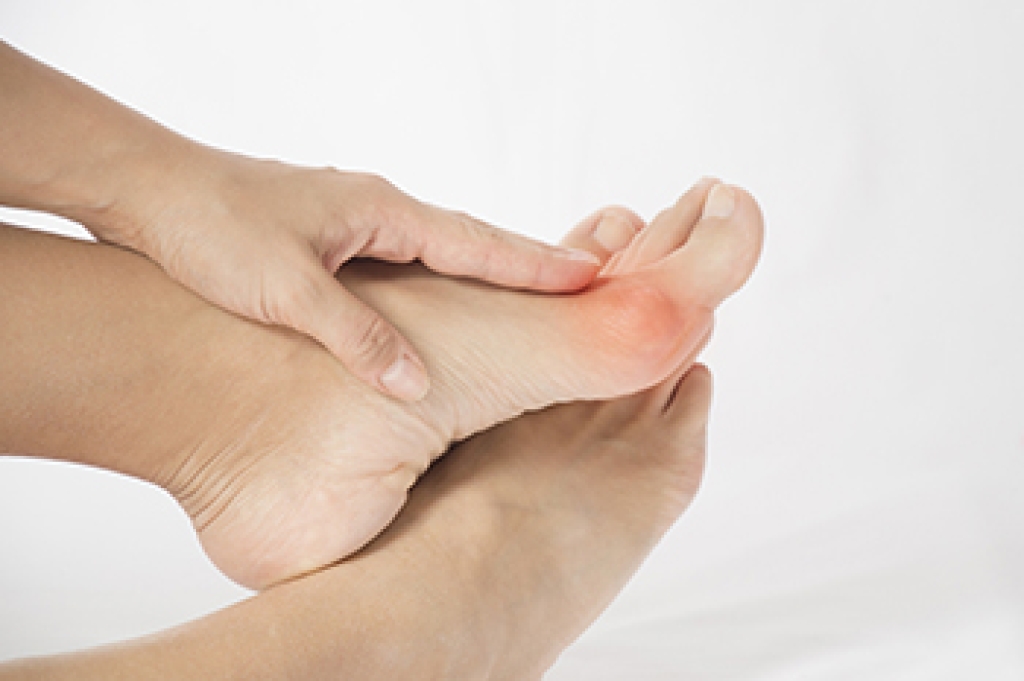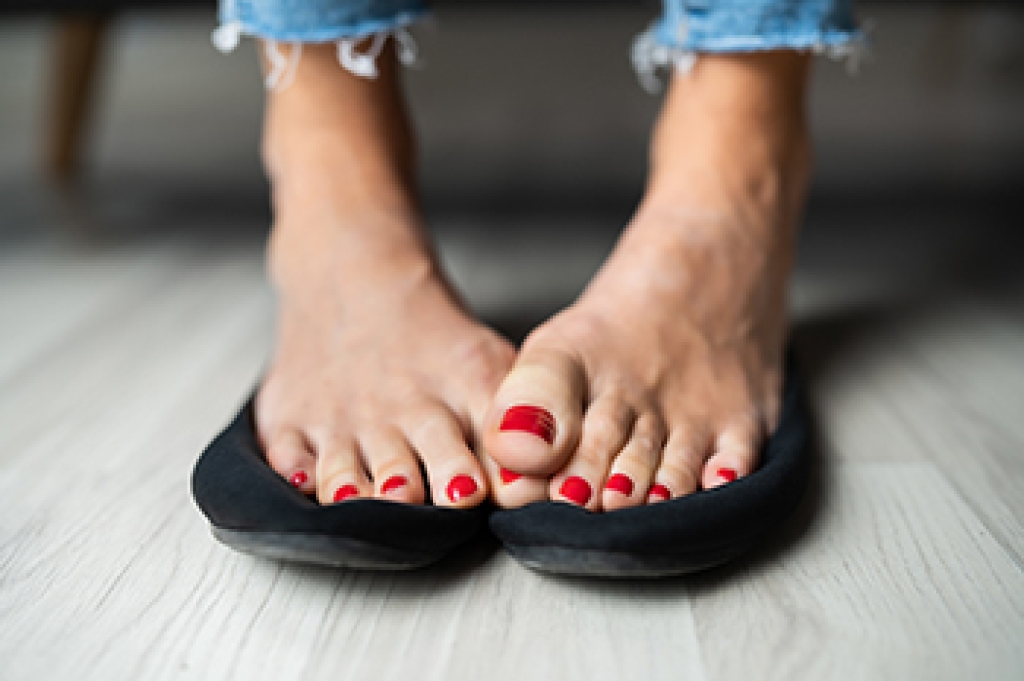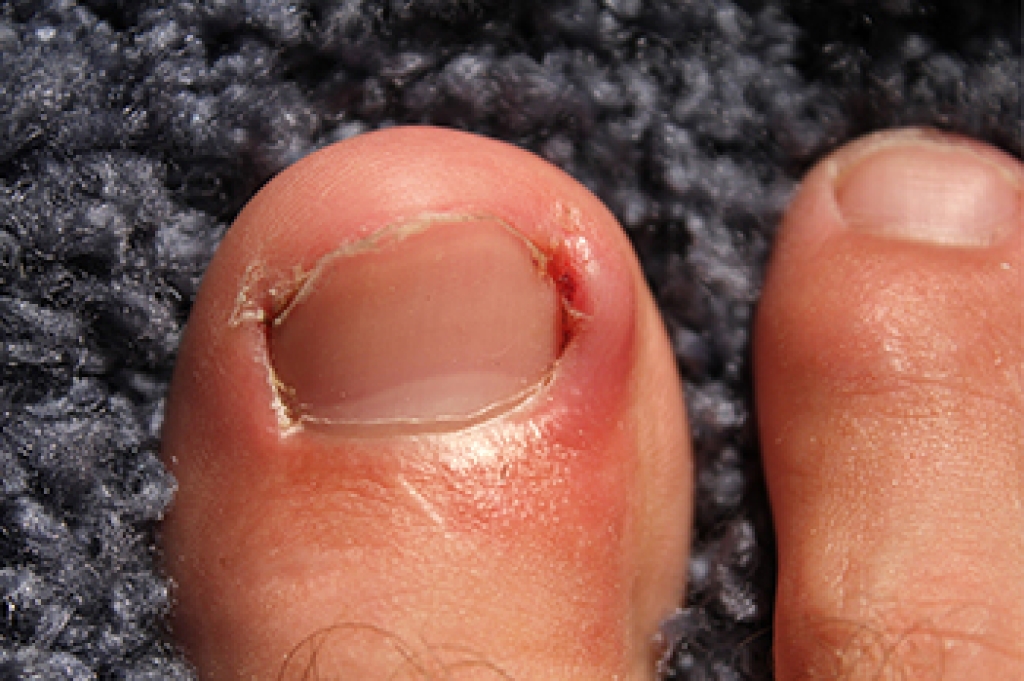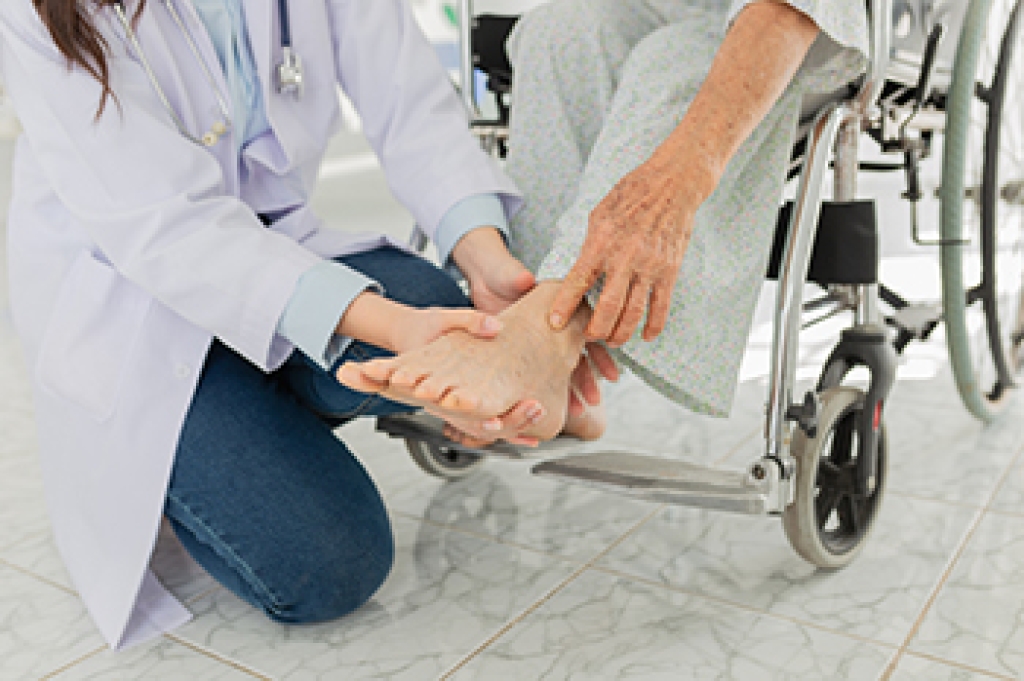
Bunions are just one of many kinds of foot afflictions that can negatively impact the healthy state of your feet. Bunions are defined as a bony bump that can develop on the side of the foot, either by the big toe or the small, pinky toe. Interestingly, bunions have a relatively high frequency or prevalence among the general public. Approximately one-third of all American adults will be affected by bunions. As compared with men, the frequency of bunions in women is generally higher. This is possibly due to the fact that women wear high heels and other kinds of footwear that may be damaging to the feet. The frequency of bunions is also generally higher in older individuals than in young people. Although cases of bunions can be different from person to person, bunions can cause a range of unpleasant symptoms. Schedule an appointment with a podiatrist today to learn more about preventing bunions.
If you are suffering from bunions, contact one of our podiatrists of Associates in Podiatry, PC. Our doctors can provide the care you need to keep you pain-free and on your feet.
What Is a Bunion?
A bunion is formed of swollen tissue or an enlargement of boney growth, usually located at the base joint of the toe that connects to the foot. The swelling occurs due to the bones in the big toe shifting inward, which impacts the other toes of the foot. This causes the area around the base of the big toe to become inflamed and painful.
Why Do Bunions Form?
Genetics – Susceptibility to bunions are often hereditary
Stress on the feet – Poorly fitted and uncomfortable footwear that places stress on feet, such as heels, can worsen existing bunions
How Are Bunions Diagnosed?
Podiatrists often perform two tests – blood tests and x-rays – when trying to diagnose bunions, especially in the early stages of development. Blood tests help determine if the foot pain is being caused by something else, such as arthritis, while x-rays provide a clear picture of your bone structure to your provider.
How Are Bunions Treated?
- Refrain from wearing heels or similar shoes that cause discomfort
- Select wider shoes that can provide more comfort and reduce pain
- Anti-inflammatory and pain management drugs
- Orthotics or foot inserts
- Surgery
If you have any questions, please feel free to contact our offices located in Pittsburgh-South Hills, and Pittsburgh-Bellevue, PA . We offer the newest diagnostic and treatment technologies for all your foot care needs.




